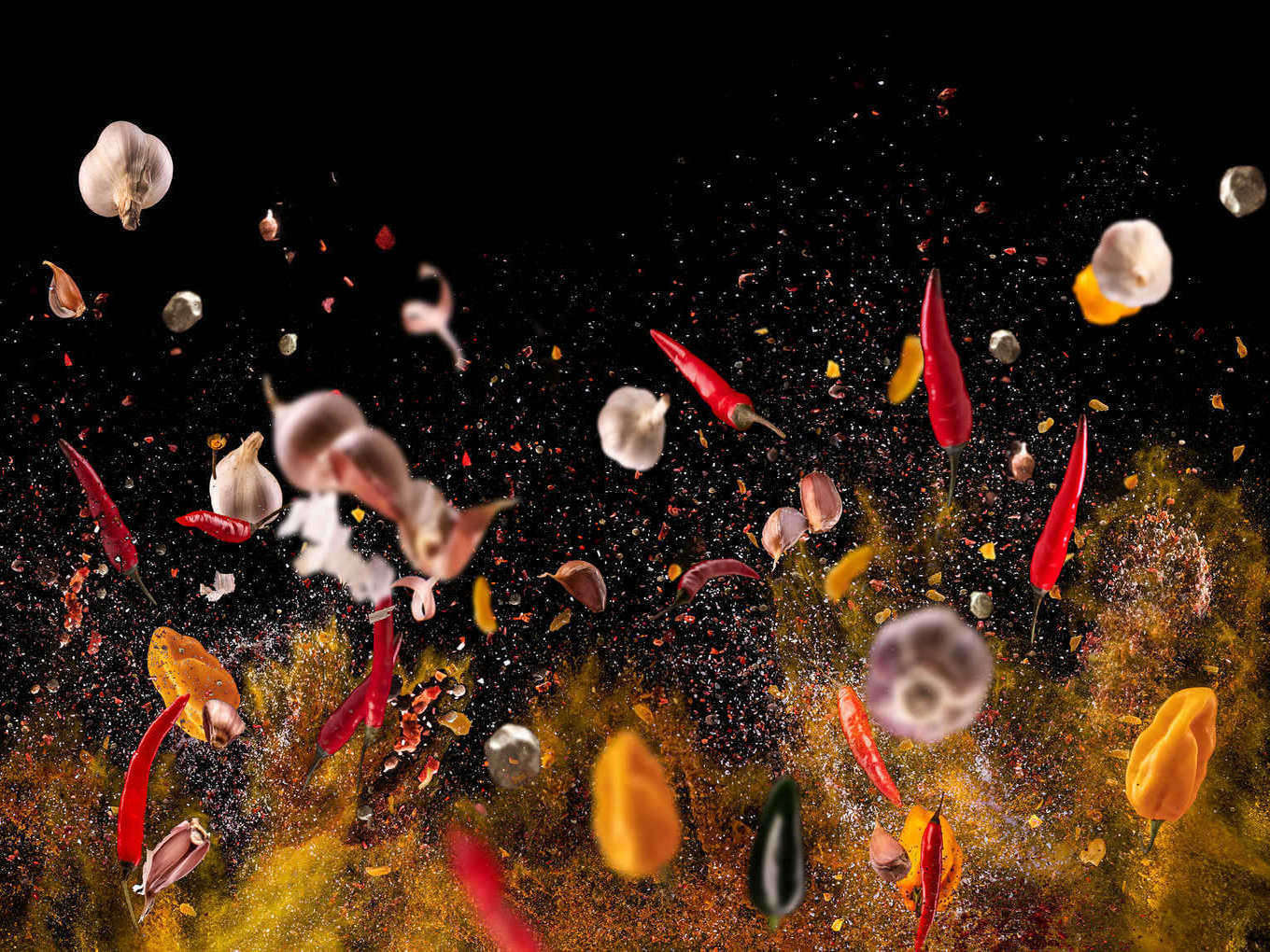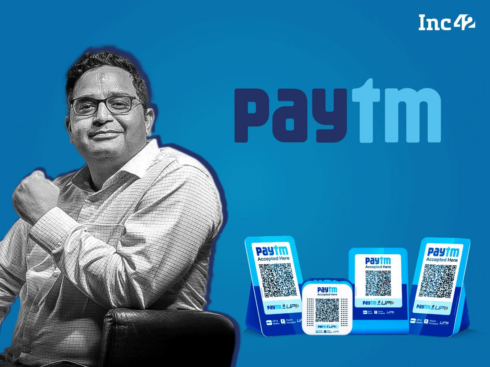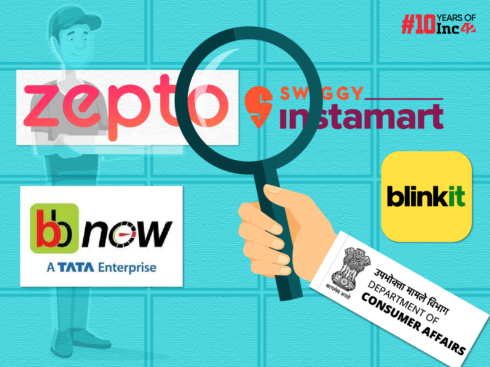SUMMARY
Food delivery startups are slowly but surely doing their bit to reduce carbon footprints, though a long way to go before they deliver zero waste
As the world is finally realising the real dangers of climate change, plastic pollution and depletion of resources, reducing carbon footprint, recycling and reusing resources has become an important goal whether it is for individuals or businesses.
If anything only by acting on each front — limiting plastic use, reusing resources and reducing carbon footprint — can any business or individual hope to make a real difference. But doing so is hard in businesses that are heavily reliant on increasing consumption and therefore utilisation of resources. For food delivery startups, this means balancing the growth with sustainable practices.
While it has been a major challenge for Zomato and Swiggy, two biggest food-delivery startups in India, as they are increasing their footprints rapidly, they have been doing their bit by being smarter about collecting waste and food from restaurant partners, helping them order only what’s in demand and curbing the use of plastic in its orders.
Deliverance From Food Waste
Under the Food Safety and Standards Authority of India’s (FSSAI) RUCO (Repurpose Used Cooking Oil) initiative, startups can enable collection of used cooking oil for conversion to biodiesel.
According to the initiative, businesses using more than 100 litres of oil for frying are required to maintain a stock register and see to it that used cooking oil or UCO is handed over to registered collecting agencies.
“Oil is one of the major factors concerning the quality of food at large. With our long term vision of ‘better food for more people’ and extensive focus on improving the quality of food outside our homes, we started collecting UCO from restaurants and supplying them to biodiesel manufacturers,” a Zomato spokesperson told Inc42.
FSSAI’s initiative for UCO and the government’s goals for biodiesel production inspired Zomato to employ their supply chain strength and presence in 500+ Indian cities to bring scale in the picture.
Interestingly, the fuel created from UCO emits 75% less carbon than diesel/petrol. We hope to witness zero oil adulteration and responsible use of oil in the future.
Zomato collects and carries UCO to bio energy plants. Zomato pick-up van arrives, the restaurant staff oad the van with barcoded containers already filled with UCO and feed the data into their mobiles.
From October, UCO has been procured from 1000 kitchens in Delhi NCR. These include Biryani By Kilo, Yum Yum Cha, Mithaas and Berco’s. The company pays between Rs 15 and Rs 32 per Kg for the used oil. The collection drive was spread to five cities in India in November and Zomato plans to scale it.
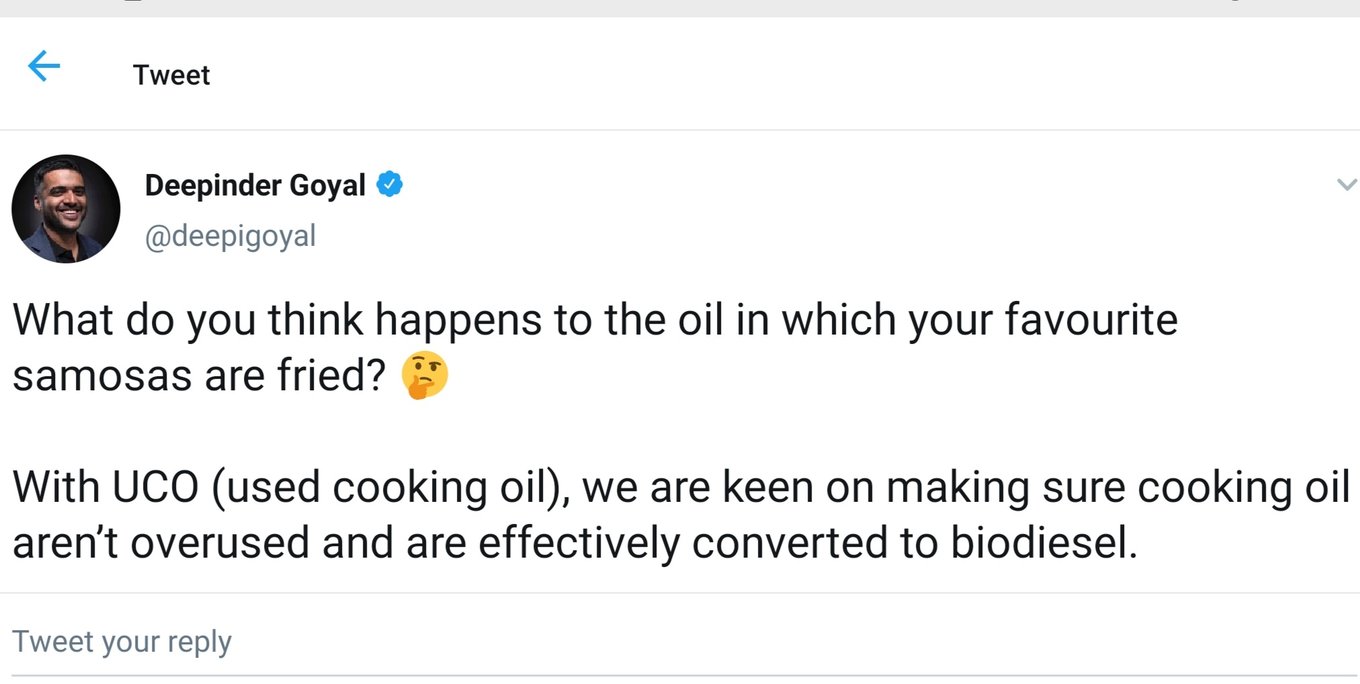
“We have partnered with one of the largest biodiesel manufacturers in the country – BioD Energy, and we will work closely with BioD to achieve scale as quickly as possible. The government needs approximately 5 Mn tons of UCO per year by 2030 (for 5% Biodiesel blending targets) – and that’s the benchmark we are using to determine our own targets,” Zomato told us.
This approach, the company believes, not only solves for the major problems for two large industries (health and petroleum) in the country but also creates a lot of synergistic environmental effects – by replacement of conventional diesel with environment-friendly biodiesel. Partner restaurants signing up with Zomato will be issued a certificate of compliance with FSSAI framework. The certificate will be a testimony of organised traceability on the end use of UCO and its responsible disposal.
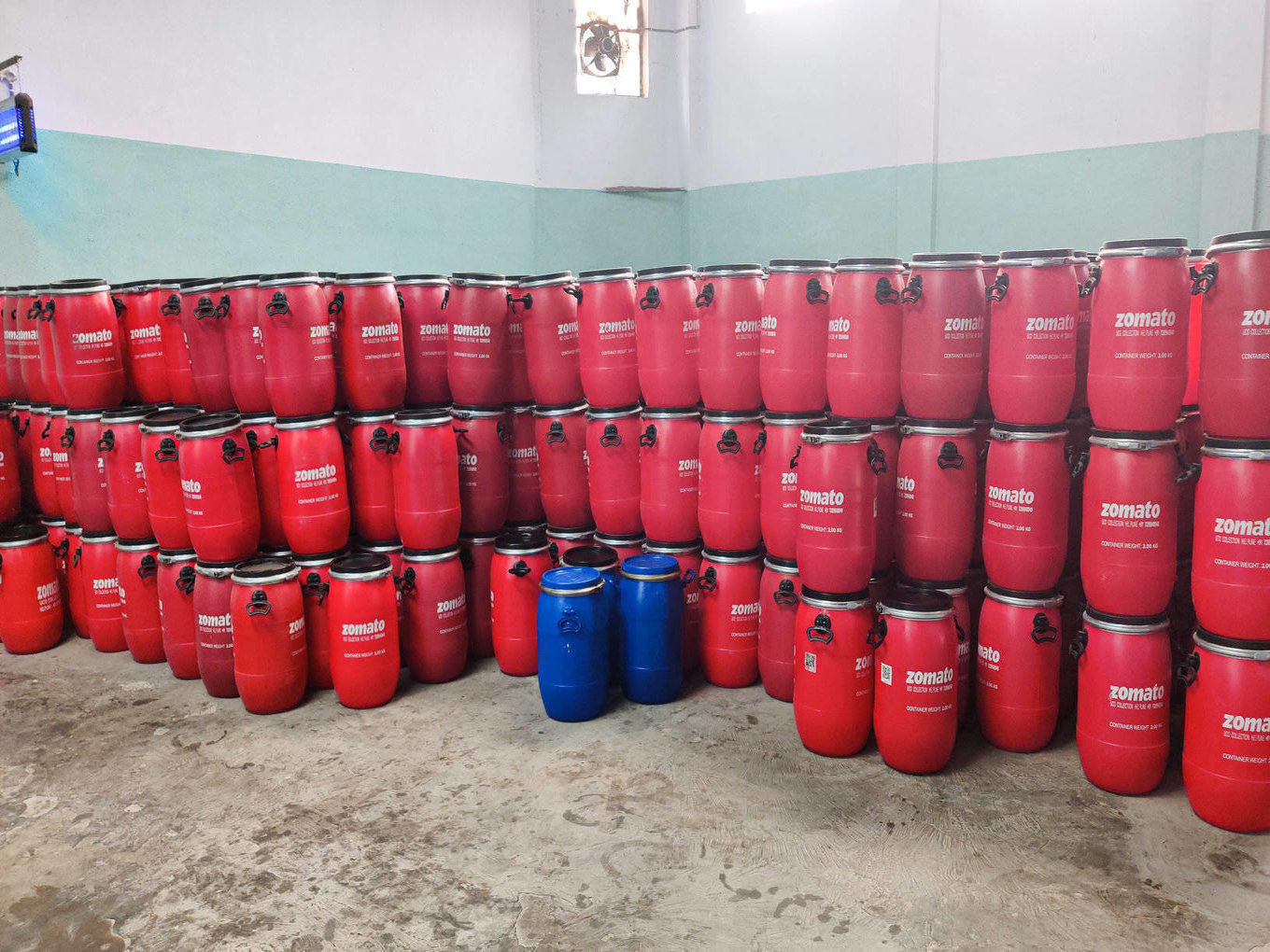
“We use a lot of oil as our main focus is traditional Indian snacks. And, reusing oil can cause health hazards, which people and the industry are aware of. However, this had a huge image on profits as we were using litres of good quality oil only once. The RUCO initiative addresses that,” said a store manager at Mithaas in Delhi.
Meanwhile, Swiggy’s spokesperson also told us that the company has started piloting the collection of used oils and convert them to biofuels across some of our kitchens in association with FSSAI approved vendors.
Reducing Food Wastage
Food wastage in India happens at various levels including harvesting, transportation, processing, packaging and consuming. However, restaurants are one of the major sources of food wastage, which the food delivery startups are trying to resolve.
Understanding the need for quick, affordable and rightly portioned meals, Swiggy introduced Swiggy POP, a curated menu of single-serve meals from popular restaurants in the neighborhood to consumers over two years ago. The POP meal is single-serve and conveniently sized, helping consumers avoid over-ordering and subsequent food wastage.
Swiggy curates 20 to 30 different, single serve meals from various restaurants within a fixed radius around the customer. It lets customers order a meal-for-one, at a flat price, free of any delivery, taxes, or packaging charges.
Hyperpure, one of Zomato’s key products under sustainability vertical, provides restaurants with fresh ingredients, helping farmers with price predictability and all logistics in between with technological expertise. “Building predictability, we are able to reduce wastage significantly and bring it far lower than the industry average. In fact, most of the wastage also doesn’t really go to waste – we channelise all that food to the needy through Zomato Feeding India,” the spokesperson tells us.
Zomato Feeding India Zomato works towards fighting against food wastage and hunger by redirecting excess food to the less fortunate. “We formed the Feeding Foundation this year and are employing our expertise in consumer tech and deep understanding of the food ecosystem to design interventions to eliminate hunger and food wastage globally.” The company said it serves 1.6 Mn meals every month as a part of this initiative and will soon start engaging with its restaurant network as well.
While food portions are fundamentally decided by restaurants, Zomato works with many to help them understand and perfect important consumer factors which includes portion sizes.
In August this year, UberEats supported an initiative by Greater Hyderabad Municipal Corporation (GHMC) to reduce food wastage. UberEats deposited food from cancelled orders to the nearest collection zone. The excess food is stocked by GHMC in refrigerators within set limits. The corporation has tied up with various NGOs who will take the excess food to the needy.
Encouraging More Mechanical Cycles On Fleet
Around three years ago, Swiggy took a leap towards sustainable development by encouraging more mechanical cycles on its fleet. “We have thousands of delivery partners on cycles today and always encourage them to opt for cycle deliveries for short distances,” Swiggy said.
After piloting EVs across multiple cities, Swiggy is now scaling implementation in a few cities ∙ ”Overall, we’re constantly working on reducing the average last-mile delivery distance saving thousands of liters of petrol,” says the spokesperson.
In February 2019, Zomato started working towards electric mobility in the food delivery sector. It started delivery via cycles which include mechanical and electric bikes. In a statement, Zomato announced that with this step it aims to convert 40% of the fleet to power-assisted bikes. At present, the company has more than 5,000 cyclists operating across 12 cities in India, with the majority of the fleet pushing the pedal in Delhi NCR.
Limiting Single-Use Plastic
Zomato started working towards limiting the use of single-use plastic by launching ‘don’t send cutlery’ option on the app over two years ago. The option offers users an opportunity to opt-out of single-use plastic cutlery when they order from Zomato. Approaching this issue from the supply (restaurant) end, the foodtech company is working with restaurant partners to increase adherence to this feature.
Over the last several months, the Gurugram-headquartered food delivery platform has been working with several research-based startups and firms to introduce eco-friendly packaging for all restaurant partners. Many of these packaging materials have been co-developed with Zomato packaging team and hence are new concepts for the packaging industry – for a wider use-case.
“We will soon be launching an online marketplace (akin to an e-commerce portal), employing our network of suppliers for restaurants to easily procure eco-friendly packaging,” spokesperson said. Packaging offered will include a segment of 100% naturally biodegradable units, largely consisting of Sugarcane Bagasse, Bamboo, Palm leaf and paper solutions.
Uber Eats also uses paper bags for food delivery and gives customers an option in the feedback section on cutlery.
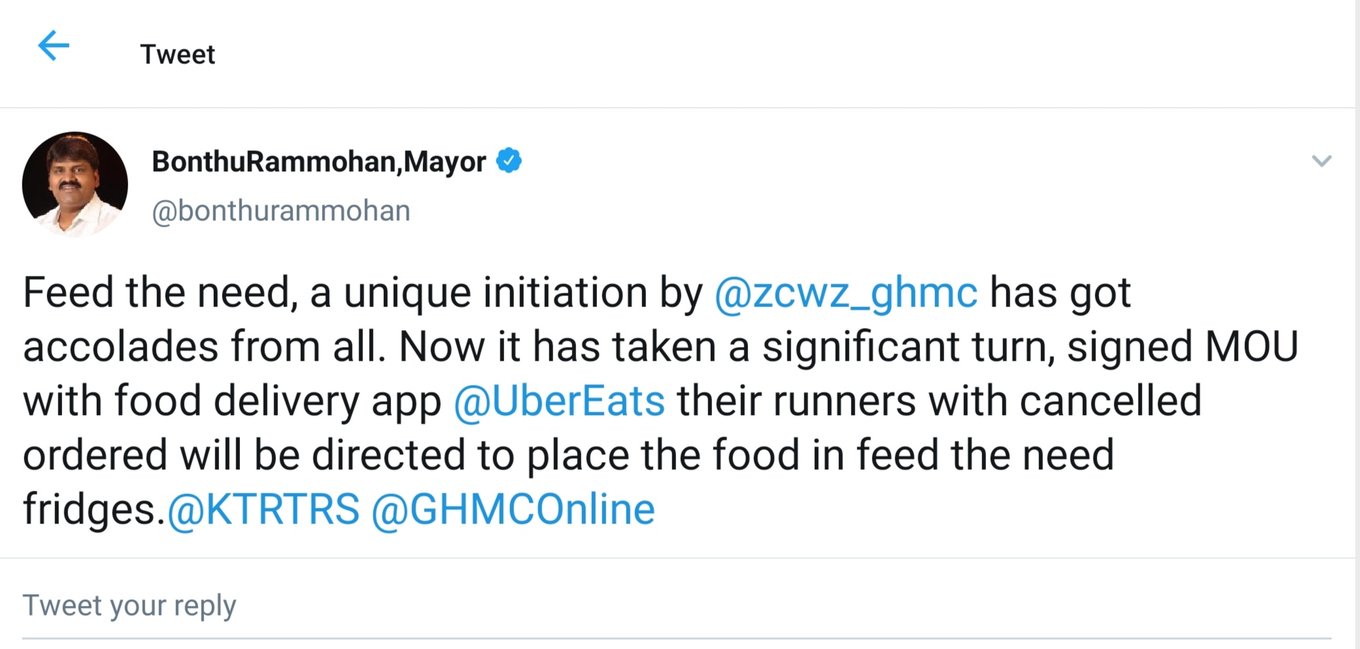
Packaging Assist enables restaurant partners to get access to a variety of packing solutions including (but not limited to) eco-friendly packaging options made of materials such as paper and glass. “Hundreds of our restaurant partners across cities have started using greener packaging solutions when possible. Additionally, we’ve also started piloting the cutlery opt-out option for a few restaurants on the platform,” he added.
Currently, Swiggy is working with multiple design consultants and manufacturers of packaging materials to come up with improved design and recyclability of packaging solutions.
Swiggy also offers an innovative programme that enables restaurant partners to source a variety of packing solutions including eco-friendly packaging options made of materials such as paper and glass. “This has encouraged hundreds of partners to opt for eco-friendly packaging solutions. We have successfully found viable alternatives to single-use plastic (plastic bags, plastic straws and plastic cutlery) which is available to restaurants as part of a proactive initiative called Swiggy Packaging Assist,” said the spokesperson.
Along with the food delivery giants, smaller restaurants and startup food chains are also coming up with innovative solutions to limit the use of plastic. For instance, last year the Tamil Nadu Hotels Association announced a discount of 5 per cent on the bill if customers bring their own utensils.
“We have completely eliminated plastic. We have been an early adopter of the earthen kulhads. Around 30% of chai is consumed in kulhads. Even when we serve gravy in kulhads which is completely biodegradable. We are also exploring other solutions which can be biodegradable and sustainable,” according to Chaayos cofounder Raghav Verma.
Despite the drop in consumer spending, there is a feeling that consumption is only about to rise exponentially in the next few years. The number of consumers using online delivery services will only rise as these startups expand and enter newer regions. It remains to be seen how much of these practices that they have started in the cities of India are carried forward to the Tier 3 and Tier 4 ecosystems.



